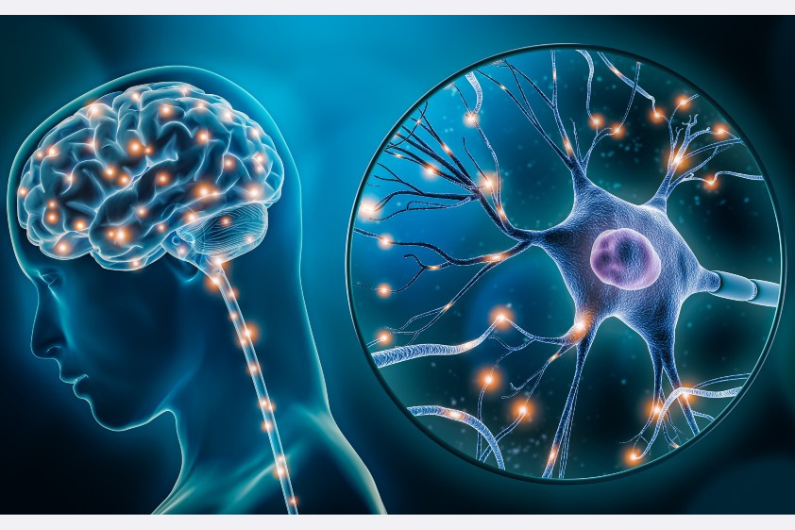Life inevitably brings challenges that can feel like major setbacks. From childhood trauma to career upheavals, we all face adversity. Yet, according to the therapists at Aspire Psychological Group, with reflection and wisdom, painful experiences can become stepping stones rather than stumbling blocks on the path to a fulfilling life.
Childhood Trauma’s Lasting Impact
Childhood trauma casts a long shadow, increasing risks for mental health struggles and self-defeating patterns in adulthood. The painful affects of abuse, neglect, household dysfunction, and other adverse experiences are well documented.
However, while early trauma is clearly linked to increased challenges, from depression to substance abuse, it does not preclude crafting a life of meaning and purpose. With self-awareness, support, and conscious effort, childhood wounds need not determine one’s destiny.
Past Pain as a Teacher
Rather than viewing childhood trauma only through a lens of damage, its lessons can point the way to genuine healing and empowerment. As we come to understand the root causes of our pain, we gain the power to transform.
Some key lessons childhood trauma may teach us:
- where we feel unworthy and damaged, we can cultivate self-acceptance.
- where we feel helpless and victimized, we can reclaim our power.
- where we feel lost and alone, we can realize our intrinsic wholeness.
- where we feel defined by your past, we can live more fully in the present.
Carefully examining our old wounds means we gain wisdom about what we most need to heal and thrive. Past pain becomes a teacher, guiding us to a more fulfilling future.
Rewriting Limiting Narratives
The stories we tell ourselves about our lives hold incredible power. Childhood trauma often leads us to adopt limiting narratives that constrain how we see ourselves and what we believe possible:
- “I am too damaged to really connect with others.”
- “I will never be able to trust again.”
- “I’m not good enough to pursue my dreams.”
- “I will always be alone.”
To move forward, we must identify and rewrite narratives like these that undermine our potential. While we cannot change what happened, we always retain the power to interpret its meaning. More empowering narratives might include:
- “I can build healthy relationships through learning who to trust.”
- “I deserve to fully pursue my passions.”
- “My past does not define my future choices.”
- “I have the strength to create the life I want.”
Progress Over Perfection
Those who endured trauma in childhood often confront an inner perfectionist, seeking to rigidly control life to avoid vulnerability and pain. But chasing perfection inevitably leads to paralysis and self-judgment.
Progress over perfection is key. We can make great strides without demanding the unattainable from ourselves. Gentle self-compassion for our imperfections and limitations allows us to move forward, even after major setbacks.
The Healing Power of Purpose
Childhood trauma often engenders a sense of powerlessness. Finding purpose empowers us to transform pain into meaning. Helping others who have faced similar struggles can aid healing.
Championing causes aligned with our experiences, such as advocating for at-risk children or domestic violence survivors means past wounds become sources of wisdom and strength. Our suffering was not in vain but enables us to lift up others still in pain.
Living today with purpose and intention also allows us to let go of past regrets. We keep the lessons, but no longer define ourselves by difficult history. We are the pilots, not the passengers, of our lives.
Conclusion
Though childhood trauma casts a long shadow, the light within each of us remains brighter. Our past experiences need not determine our present journey, if we have the courage to chart a new course – one step at a time.





